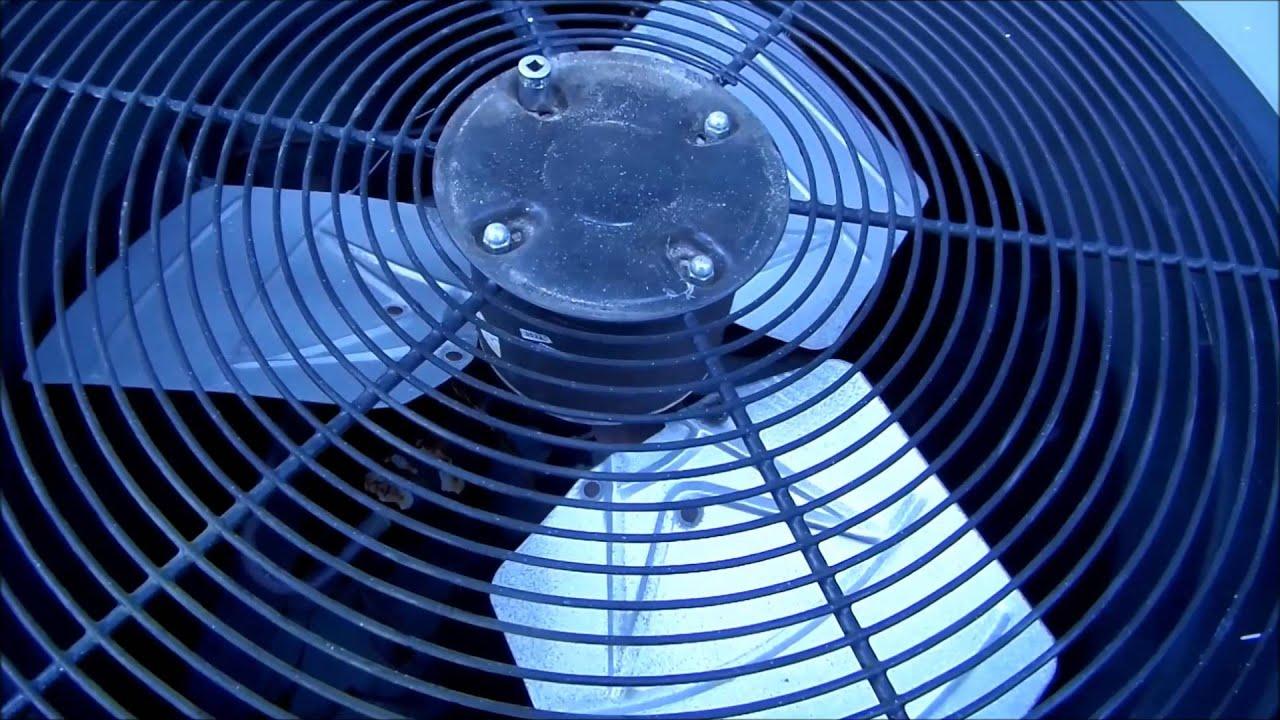Climate Control Chronicles: Mastering Your Home's Heating and Air Conditioning
Climate Control Chronicles: Mastering Your Home's Heating and Air Conditioning
Blog Article

When it comes to creating a comfortable living environment, heating and air conditioning play a crucial role. As the seasons change and temperatures fluctuate, having a reliable climate control system in your home becomes essential. Whether it's the chill of winter or the sweltering heat of summer, mastering your home's heating and air conditioning ensures that you and your family can enjoy a consistent and pleasant atmosphere year-round.
Many homeowners feel overwhelmed by the complexities of heating and air conditioning systems. From selecting the right equipment to understanding maintenance needs, there is a lot to consider. However, by gaining a solid understanding of these systems and implementing smart strategies, you can improve your home's comfort, enhance energy efficiency, and even extend the lifespan of your heating and cooling units. Let's explore the fundamentals of heating and air conditioning and discover how to take control of your home's climate with confidence.
Understanding HVAC Systems
Heating and air conditioning systems, commonly referred to as HVAC, are essential for maintaining a comfortable indoor environment. These systems work by controlling the temperature, humidity, and air quality of a space, ensuring that homes remain cozy in winter and cool in summer. HVAC systems typically consist of a furnace or heat pump for heating, and an air conditioning unit for cooling, along with a network of ducts that distribute air throughout the home.
Heating and Air Conditioning Service Providers
An HVAC system operates by taking air from inside the home, modifying its temperature, and then redistributing it. In the heating mode, energy sources such as gas, electricity, or oil are used to warm the air before it circulates through the ductwork. Conversely, during the cooling process, refrigerants absorb heat from the indoor air, releasing it outside to create a cooler environment. Properly functioning HVAC systems are vital in promoting energy efficiency and enhancing overall comfort.
Regular maintenance of HVAC systems is crucial to their longevity and effectiveness. This includes routine inspections, filter replacements, and addressing any issues that may arise. Homeowners are encouraged to keep their systems clean and well-maintained to prevent breakdowns and ensure optimal performance. Understanding the basic components and functions of heating and air conditioning can empower individuals to make informed decisions about their home climate control needs.
Energy Efficiency Tips
To enhance the energy efficiency of your heating and air conditioning systems, it is crucial to schedule regular maintenance checks. Cleaning or replacing filters at least every one to three months can significantly improve airflow and efficiency. Additionally, having a professional technician inspect your system annually ensures that all components are functioning optimally. This proactive approach not only prolongs the life of your equipment but also helps you avoid costly repairs in the long run.
Another effective strategy is to optimize your thermostat settings. Consider investing in a programmable or smart thermostat, which allows you to set specific temperatures for different times of the day. Lowering the temperature in winter when you are at work and raising it during the hottest part of the day in summer can lead to considerable energy savings. This way, your heating and air conditioning systems won't have to work harder than necessary to maintain comfort.
Lastly, improving your home's insulation can greatly reduce energy consumption. Sealing drafts around windows and doors, adding weather stripping, and utilizing insulated curtains can help maintain a consistent indoor temperature. Proper insulation not only complements your heating and cooling systems but also creates a more comfortable living environment while lowering your energy bills.
Troubleshooting Common Issues
When your heating and air conditioning system starts acting up, it can be frustrating. One common issue is inconsistent temperatures throughout your home. If certain rooms feel significantly hotter or colder than others, it could be due to blocked vents or poor insulation. Check that all vents are unobstructed and consider inspecting your ductwork for leaks or damage. Making sure your home is well-insulated can help maintain a consistent temperature and improve overall efficiency.
Another frequent problem is strange noises coming from your system. These noises could range from banging or rattling sounds to high-pitched whines. Banging noises might indicate loose parts or debris within the unit that needs to be cleared. On the other hand, high-pitched sounds can point to issues with the fan or motor. If you hear unusual sounds, turn off the system and consult a professional to diagnose the issue and prevent further damage.
Lastly, if your heating and air conditioning system cycles on and off frequently, it could be a sign of short cycling. This issue may be caused by a dirty air filter, which restricts airflow, or an incorrectly sized system that cannot effectively cool or heat your space. Regularly changing your air filters and ensuring your system is properly sized for your home can help address this problem. If short cycling persists, it's best to call an HVAC technician for a thorough inspection.
Report this page